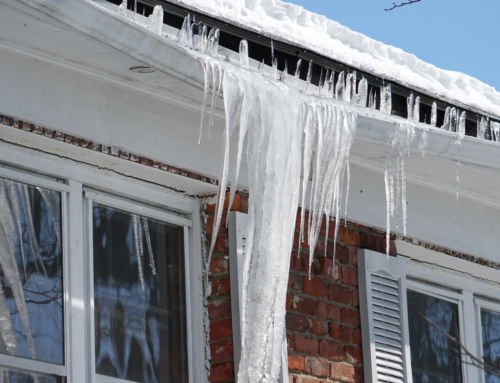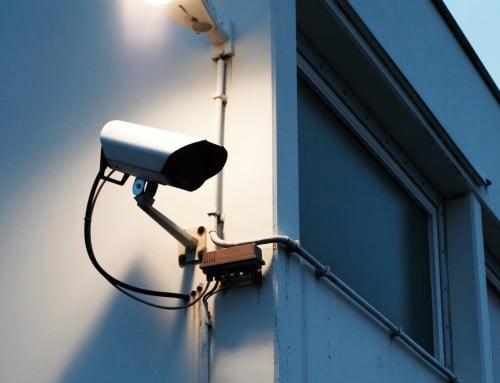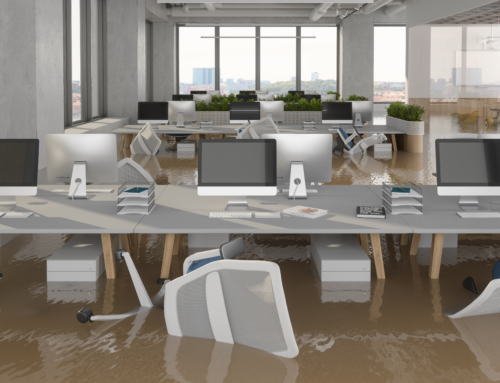According to Health Canada, about half of foodborne illness in Canada is linked to eating in restaurants. To decrease this number, all food establishments are subject to health and restaurant inspections conducted on a routine basis by Canada’s Federal, Provincial or Municipal agencies. A certified inspector will check and ensure regulatory requirements are being met with respect to general cleanliness, food handling and storage. They usually enter restaurants during regular business hours without prior notice.
In certain cases where business owners fail to pass an inspection, they may be issued an order — a powerful legal document that requires an issue to be addressed immediately or the premise to be closed, which can harm the restaurant’s reputation and jeopardize its longevity.
Would you be prepared for an inspector to walk through your doors right now? Are you aware of the common hazards in your kitchen? You may already have procedures and other preventative measures in place to reduce liability, crime or damage. In addition to foodborne illness, keep in mind that there are other risks related to fire, technology, property and alcohol.
Reduce your odds of receiving a negative report or failing an inspection by adhering to a tailored restaurant inspection checklist. Here are a few important items to consider adding to your list:
- Commercial kitchen maintenance – Regularly inspect and clean your ventilation system to prevent fie, and strategically place fire extinguishers nearby.
- Property maintenance – Regularly clean these areas and ensure all walkways, elevators, stairs, ramps, tables and chairs are in good condition. Conduct seasonal maintenance when necessary, such as ice and snow removal from parking lots.
- General cleanliness – Employees should frequently wash their hands, clean cooking surfaces, take out the garbage, wear clean clothing and keep floors clean.
- Accident reporting – Ensure there is a process in place for employees to report and handle any customer injury. Many restaurants require a report to be completed and reviewed as soon as possible.
- Clear food handling procedures –Employees should wear gloves when handling food, properly sanitize food prep areas and store raw meats at the correct temperature. Store equipment bins away from food, clean storage units (such as freezers and deep fryers), and ensure there are ambient thermometers.
- Serving alcohol – Follow and comply with the appropriate provincial licensing requirements. Consider combining your license with a responsible service program (such as Smart Serve in Ontario) and train staff accordingly.
- Crime prevention – Screen employees prior to on-boarding to help prevent theft. Reduce the risk of assault and burglary by installing an alarm system, keeping small amounts of cash in registers and doors locked. Train employees on how to react in an event of a burglary and to notify police if they suspect criminal activity near the restaurant.
- Technology – Be mindful of cyber risks with point-of-sale transactions. Consider insurance that will cover you in the event of a cyber attack or data breaches, where customer information is compromised. If you offer Wi-Fi, install a stand-alone guest network, give out guest passwords, and track guest bandwidth consumption.
For more detailed insight, refer to our whitepaper on the common risks your restaurant could face.
Prioritizing the health and safety of your customers will help you pass an inspection, whether it is unexpected or routine. But despite your best efforts, things can still go wrong, which is where insurance comes in. Commercial general liability, commercial property, and business interruption insurance are just some of the coverages a restaurant owner should consider so you can operate worry-free.
At Federated Insurance, we have 100 years of experience in working with businesses to protect their assets. Contact us today to learn more about how we can help you create and implement a policy suited for your restaurant!
This blog is provided for information only and is not a substitute for professional advice. We make no representations or warranties regarding the accuracy or completeness of the information and will not be responsible for any loss arising out of reliance on the information.






